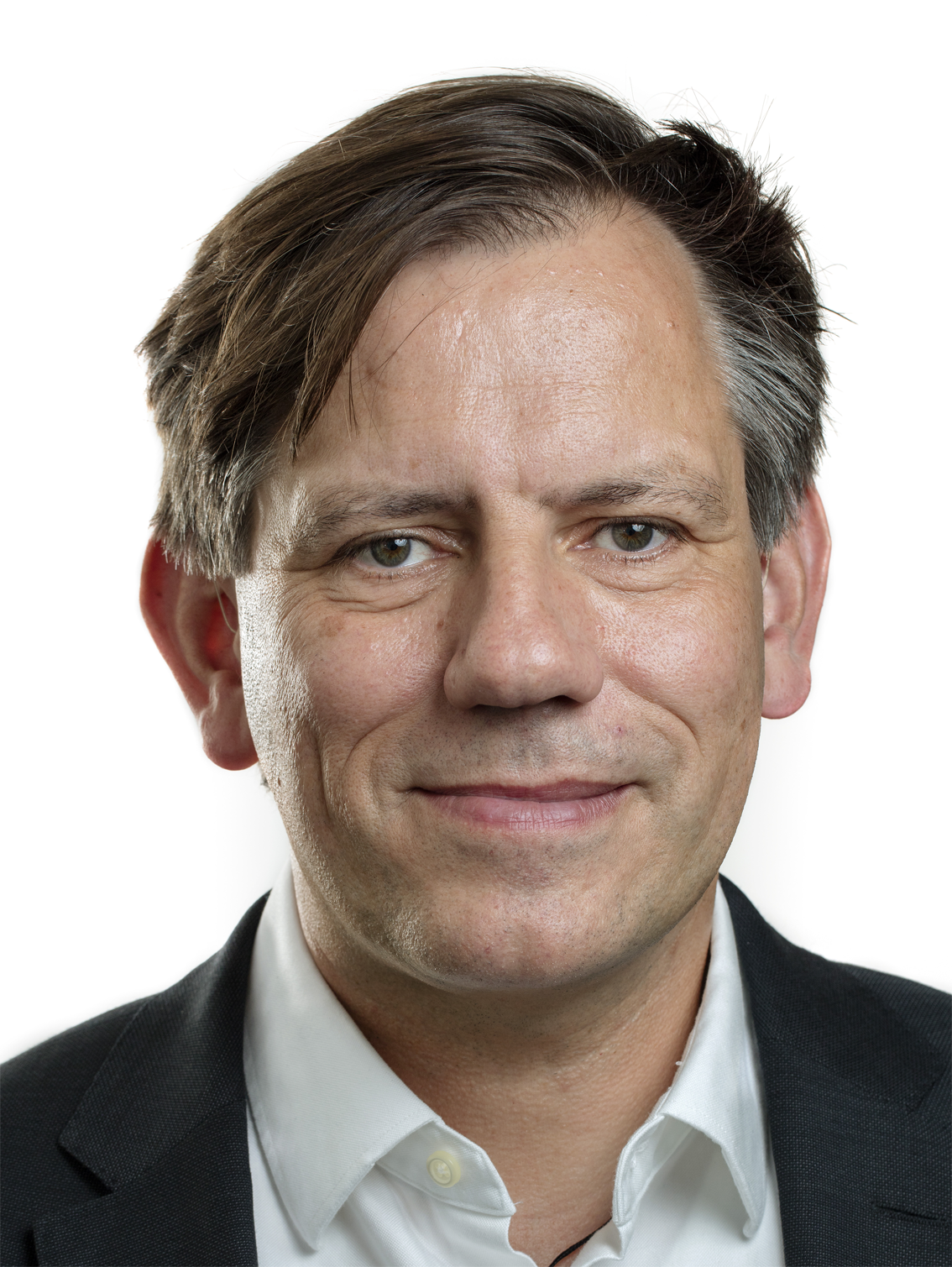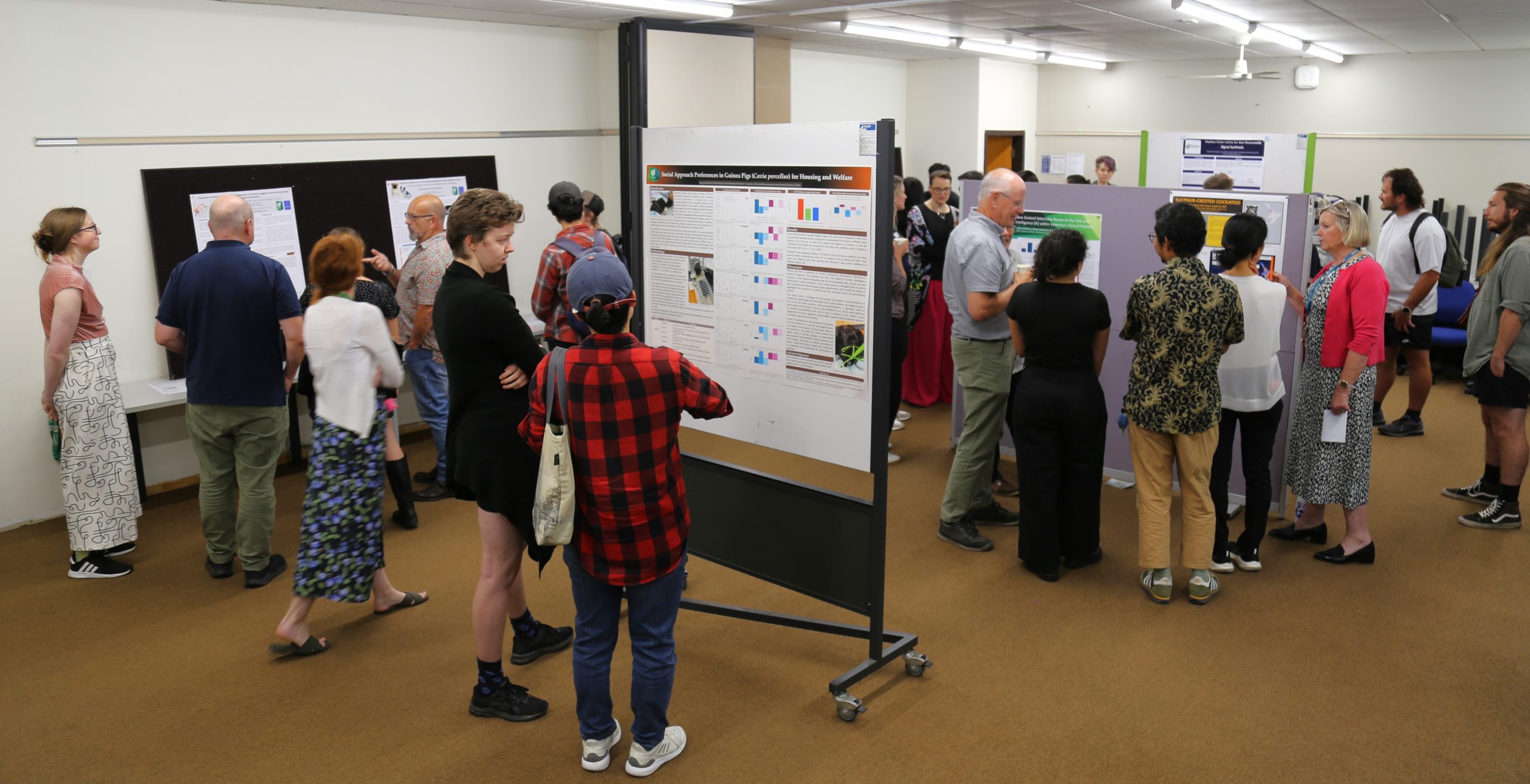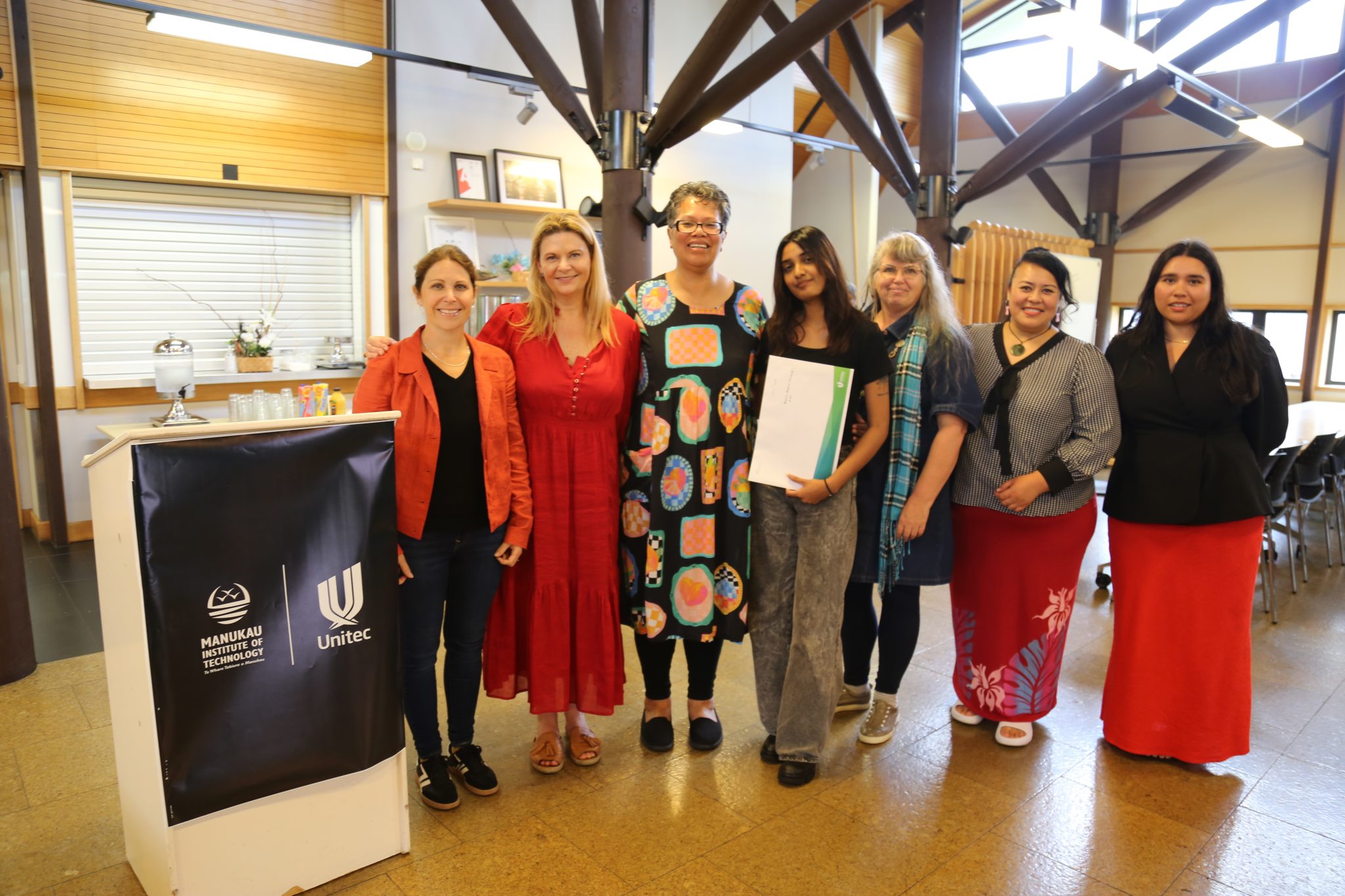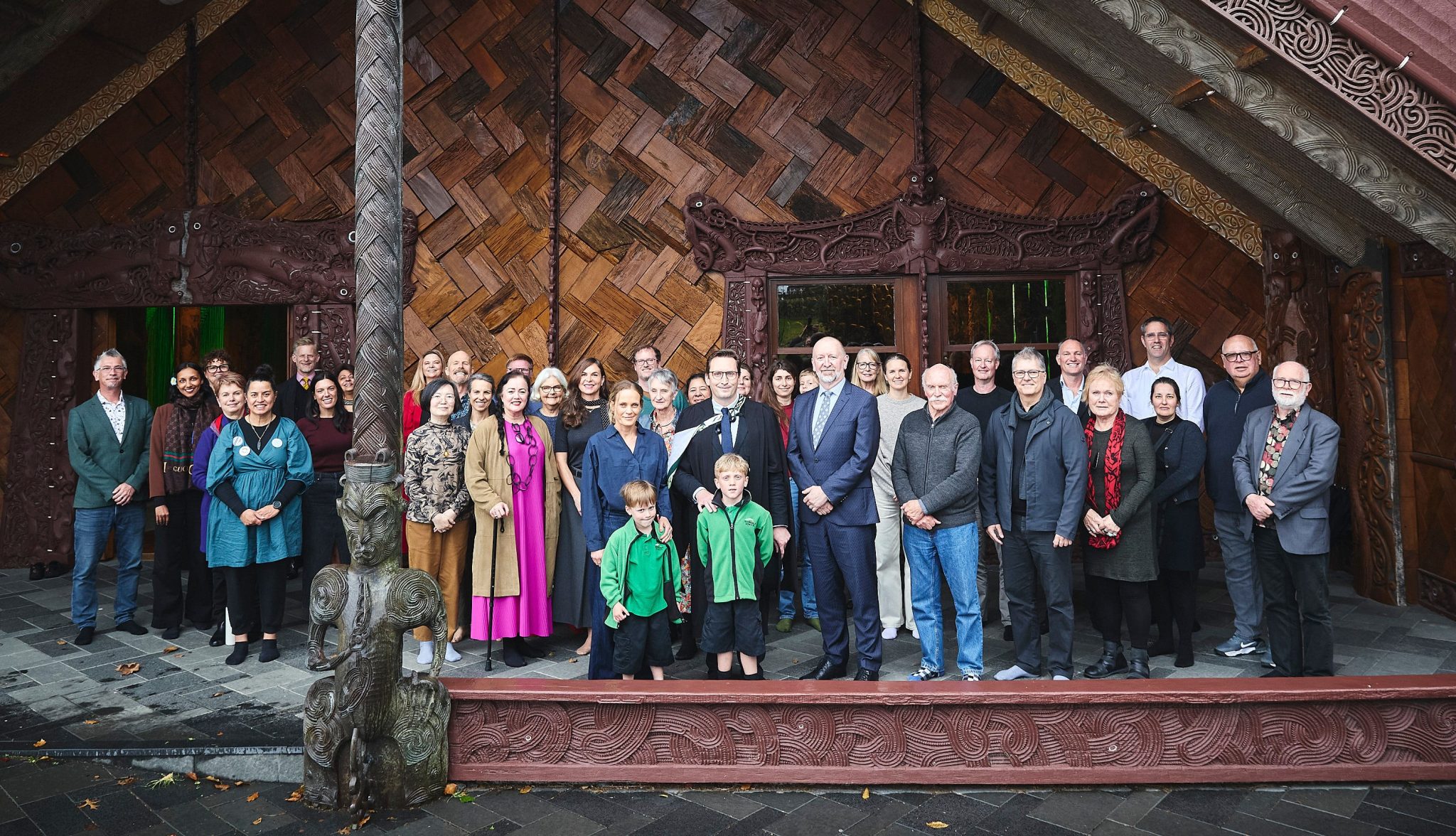Pushing boundaries in cybersecurity and other things excitingly techy is the goal of Unitec’s High Tech Transdisciplinary Research Network. The network’s new director, Christian Probst, writes about current projects, possibilities and his own background.
The global discussion about privacy, recent ransomware attacks and their widespread impact, denial-of-service attacks enabled by the Internet of Things… cybersecurity is changing so rapidly that we need to work on leading-edge research through collaborative networks to stay safe. In fact, many of the wider challenges we face today can only be solved through collaboration across disciplines, involving researchers, practitioners and the public.
I joined Unitec at the beginning of 2018 as director of the High Tech Transdisciplinary Research Network (I expected my business cards would need to be foldable to fit this mouthful of a title), or HTTRN, and to begin and lead initiatives in cybersecurity research. The HTTRN was established to perform research across Unitec’s networks and pathways, which are at the heart of our recent transformation.
Today, the HTTRN also provides a platform for innovation and collaboration, creating software and design solutions (such as speech enhancement, noise cancellation, creating computer models to support practical work) to help industries, governments and communities tackle social challenges and drive economic growth.
Developing these great ideas often starts with an individual, but it takes a team to help unlock an idea’s full potential. A big part of my role at Unitec is to find those opportunities to connect people, and their ideas, with the right teams – and I’m already in full swing.
RESEARCHER AND CATALYST
Before moving to New Zealand for this job, I worked for 13 years at the Technical University of Denmark in Kongens Lyngby, just north of Copenhagen, where I developed formal models and analyses for systems with guaranteed properties (such as computer or security systems). This work led to using the models and analyses in cybersecurity, organisational security, and programming languages. My research expertise includes detection and mitigation of insider threats, social engineering, cloud infrastructures, virtual machines, power-aware computing systems, and more.
In my new role at Unitec, I will continue my work to develop systems that support and hopefully improve our daily lives, and protect critical data and infrastructure against attacks. For example, we’re currently working on a project to enable households to optimise their energy use and cut power bills, while allowing utility companies to better utilise renewable energy and supply energy based on expected use. I’m also involved in the STRATUS project, led by the University of Waikato together with Unitec, the University of Auckland and Cloud Security Alliance, which aims to return data control to users.
I’ll also work as an enabler or catalyst: talking to my Unitec colleagues, our partners and stakeholders, and the general public, and identifying opportunities. Applied research has huge potential to improve our lives – and at Unitec, we have vast stores of knowledge and expertise that can be used to solve the problems of today and the future.
HOW CAN WE SECURE OUR FUTURE?
Certainly, today the world is in dire need of solutions for pressing cybersecurity problems. In order to protect our data, we need more awareness, but we also need protection mechanisms so individuals don’t have to constantly worry whether their data is secure. For some time now, software developers have discussed an approach dubbed ‘Privacy by default’, meaning customers should not have to configure their system to protect their data. There is still a long way to go, but approaches such as this are heading in the right direction.
Another issue, both for consumers and service providers, is where data is stored, and who has access to it. The more sensitive and personal the data, the more important it is to be able to wholeheartedly reassure consumers their data is secure. Think about the discussion around sharing health data. There would be huge benefits for GPs, hospitals and patients in a centralised, digital register, but what if insurance companies or employers could gain access to it, or pressure you to share your data with them?
Then there are autonomous systems such as drones and self-driving cars, which directly interact with our physical world and must be able to carry out tasks while respecting legal and personal boundaries. Recent reports about drones nearly colliding with aeroplanes, or being used to deliver items into usually restricted areas, highlights an issue. We need to build systems to guarantee these devices either observe our rules or we are able to stop them if they do not.
We live in exciting times, with huge opportunities to contribute to and improve our daily lives – both in IT systems and beyond. The problems we face today require solutions that go well beyond the expertise of individual communities; they require collaboration and innovation, which are at the core of the High Tech Transdisciplinary Research Network. There’s a lot of work to do, and I’m excited about what we can achieve.
And thankfully, my business cards did not need to be foldable.




